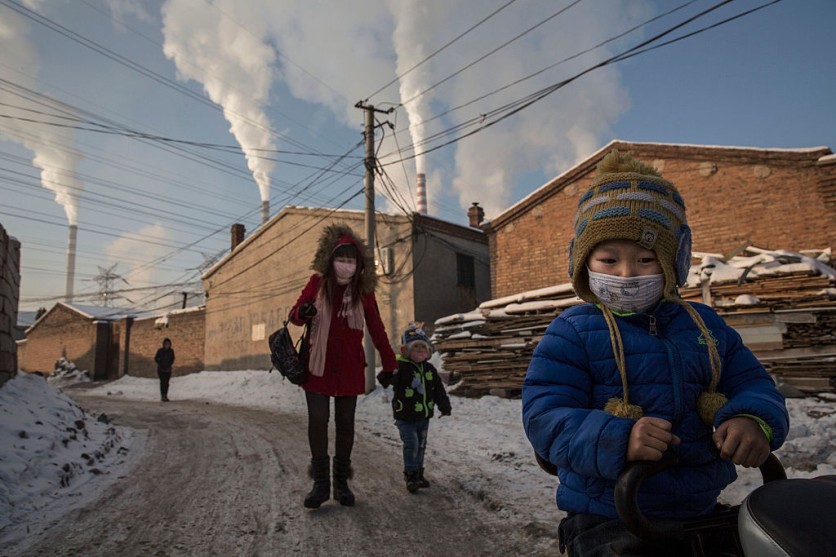Researchers report that almost a million stillbirths are caused by air pollution this year alone.
High levels of air pollutants can be a silent killer that gives short-term and long-term adverse effects on everyone. Unfortunately, even unborn children are not immune.
According to Outlook, recent studies have found that air pollution negatively influences pregnancy and increases the risk of preterm birth, low birth weight, stillbirth, or congenital defects as the air quality in different parts of the world continues to deteriorate.

How Air Pollution Is Linked to Stillbirth Research
The Guardian reports that an epidemiological study has found that exposure to pollution particles, which are mostly created by burning fossil fuels, may be responsible for nearly half of stillbirths.
The pollution research was based on information from over 45,000 live births and stillbirths and included 137 nations from Asia, Africa, and Latin America, which account for 98% of stillbirths. Although the research is the first to estimate the number of fetal deaths, it has long been that dirty air increases the risk of stillbirth.
According to a study published in October by the Guardian, hazardous air pollution particles were discovered in fetuses' lungs and brains. Dr. Viswesvaran Balasubramanian further explains how the pollutants affect pregnant women.
"It is no secret that these gases create a lot of cardiovascular, pulmonary, ENT, and skin-related disasters in the human body. Inhaling harmful substances welcomes innumerable conditions which are at times chronic and dangerous with long-term effects," said Dr. Viswesvaran Balasubramanian. "Pregnant women are at a higher risk in such an environment."
Despite recent research addressing the serious effects of air pollution, it is still unclear how the pollutants directly contribute to stillbirths. However, scientists theorize that pollutants entering the placenta could affect the placenta itself and result in irreversible developmental damage, leading to the mother's ability to deliver oxygen to the fetus being disrupted by air pollution.
Read Also : Car Tire Creates More Pollution Than Vehicle Exhaust, Claims Experts; Tips On How To Maintain Your Wheels
How Families Can Prevent Stillbirth Issues Amidst Air Pollution
Following the discovery, the World Health Organization (WHO) has also cautioned vulnerable groups like pregnant women, older adults above 60 years, and children under five years about the risks and health effects that poor air quality can cause.
A scientist from Peking University, Dr. Tao Xue, cautions the public on the short and long-term effects of absorbing air pollutants and what measures can be taken to prevent it.
"Clean air policies, which have been enacted in some countries, such as China, can prevent stillbirths. In addition, personal protections against air pollution, ie wearing masks, installing air purifiers, avoiding going outside when air pollution occurs could also protect vulnerable pregnant women." According to Dr. Tao Xue.
Additionally, Human Rights Watch recently addressed the discovered effects of air pollution in a joint letter to the Office of Environmental Justice and External Civil Rights for further action.
Related Article: Air Pollution Apps Provide Info About Heat Rise, Wildfire, and Places that Have High Percentage of Dirt

![Apple Watch Series 10 [GPS 42mm]](https://d.techtimes.com/en/full/453899/apple-watch-series-10-gps-42mm.jpg?w=184&h=103&f=9fb3c2ea2db928c663d1d2eadbcb3e52)



